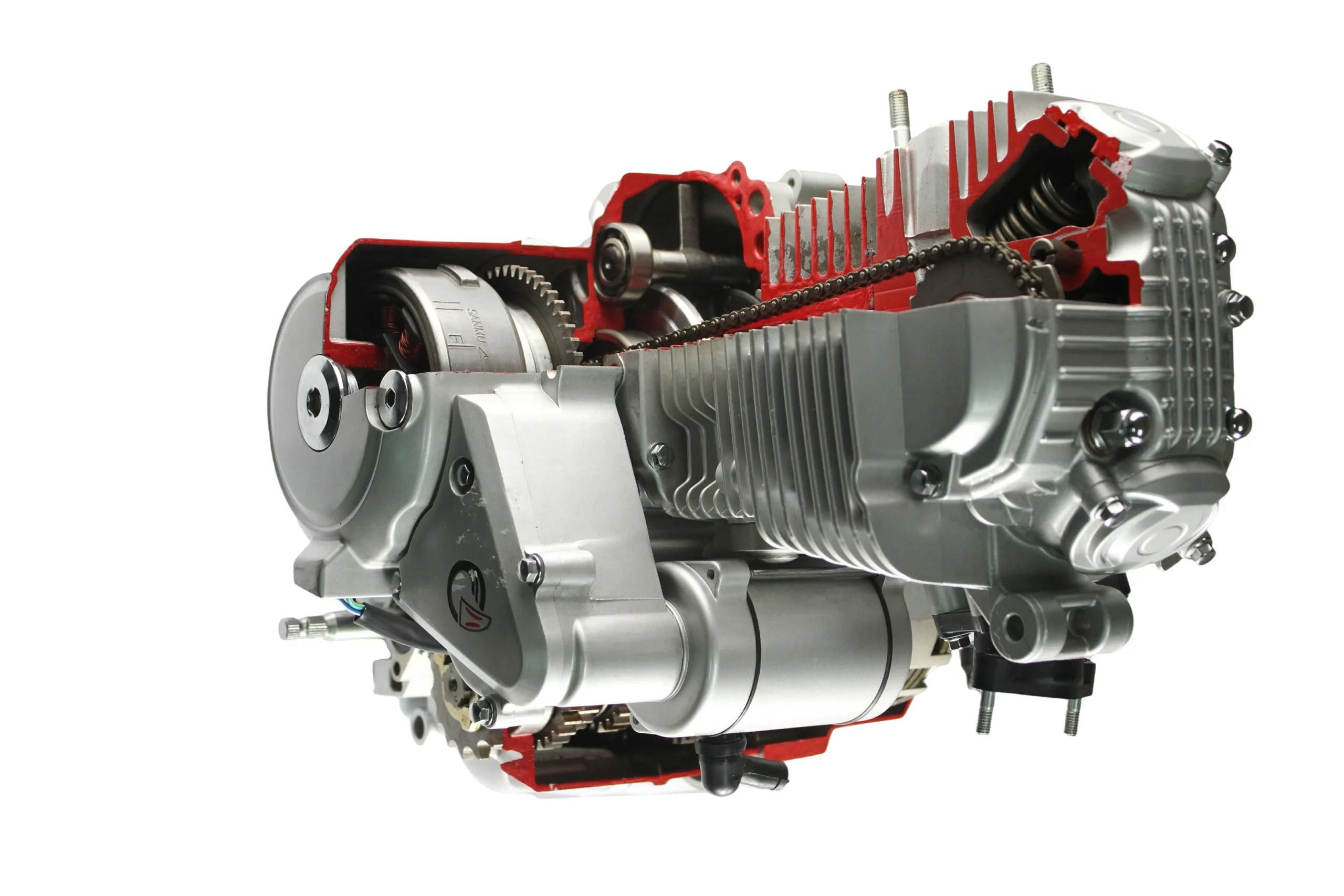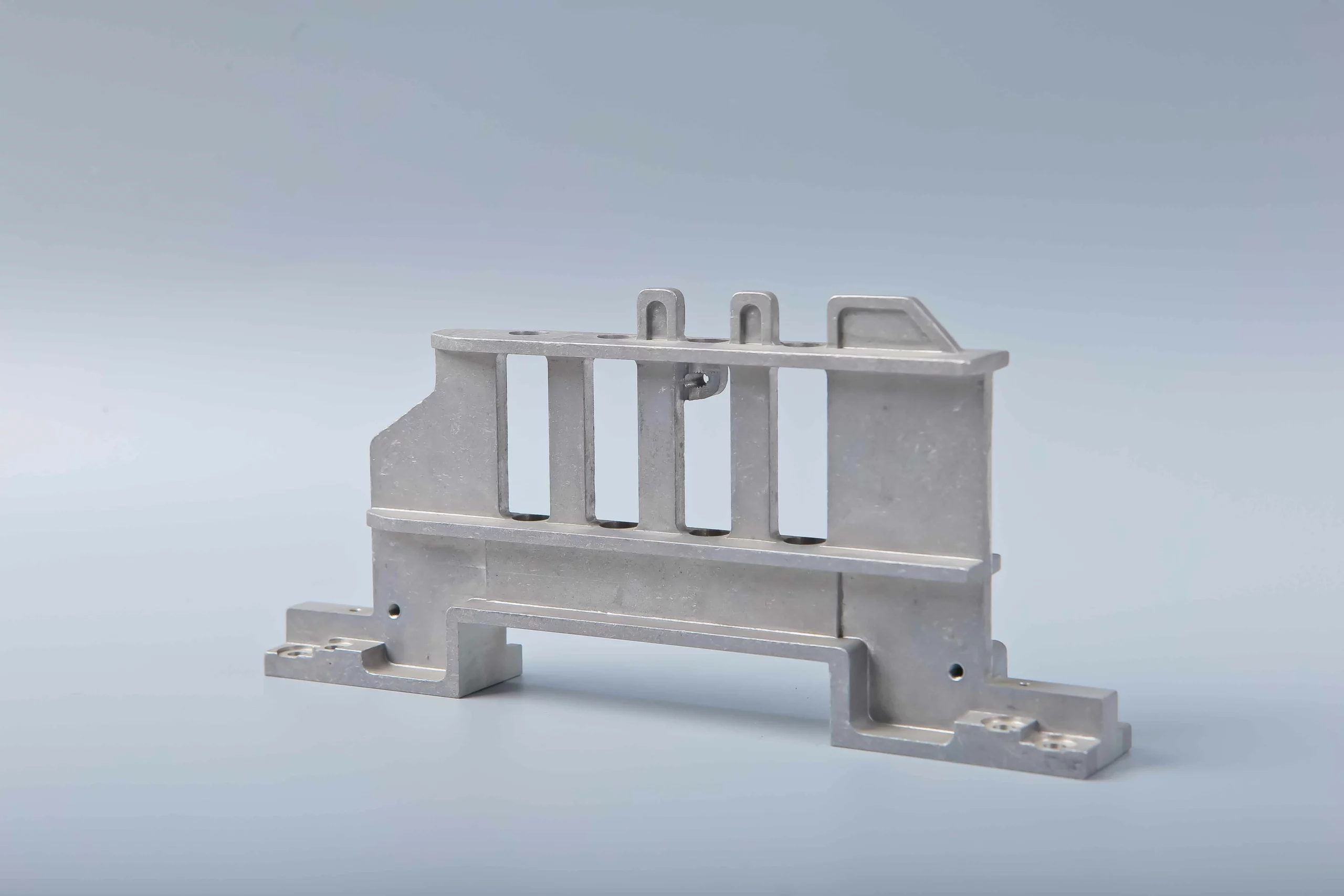Prototype machining services are a crucial part of the product development process, enabling companies to quickly and accurately test and refine their designs. By creating a physical prototype, companies can validate their ideas, identify potential flaws, and make necessary improvements before moving into full-scale production. In this article, we will explore the benefits and applications of prototype machining services, and how they can help companies drive innovation and speed in their product development processes.
The Benefits of Prototype Machining Services
Prototype machining services offer numerous benefits, including reduced product development time, improved product quality, and increased innovation. By creating a physical prototype, companies can test and validate their designs, reducing the risk of errors and improving the overall quality of the final product. Additionally, prototype machining services enable companies to iterate and refine their designs, allowing them to respond quickly to changing market conditions and customer needs. This flexibility and agility are critical in today’s fast-paced business environment, where companies must be able to adapt and innovate to stay ahead of the competition.

Applications of Prototype Machining Services
Prototype machining services have a wide range of applications across various industries, including aerospace, automotive, medical, and consumer products. In the aerospace industry, prototype machining services are used to create complex aircraft components, such as engine mounts and satellite components. In the automotive industry, prototype machining services are used to create engine components, transmission parts, and suspension components. In the medical industry, prototype machining services are used to create surgical instruments, medical implants, and diagnostic equipment. The versatility of prototype machining services makes them an ideal solution for companies looking to quickly and accurately test and refine their designs.
The Role of CNC Machining in Prototype Machining Services
CNC machining plays a critical role in prototype machining services, enabling companies to quickly and accurately create complex parts and components. CNC machining uses computer-controlled machines to remove material from a workpiece, creating the desired shape and design. This process is highly accurate and repeatable, making it ideal for creating prototypes. Additionally, CNC machining allows for the creation of complex geometries and designs that would be impossible to produce using traditional manufacturing techniques.
Materials Used in Prototype Machining Services
Prototype machining services can be performed on a wide range of materials, including metals, plastics, and composites. The choice of material depends on the intended application, desired properties, and machining requirements. Common materials used in prototype machining services include aluminum, steel, stainless steel, titanium, and copper. Plastics, such as polycarbonate and ABS, are also widely used, particularly in medical and consumer product applications. Composites, including carbon fiber and fiberglass, offer exceptional strength-to-weight ratios, making them ideal for aerospace and automotive applications.
The Importance of Quality Control in Prototype Machining Services
Quality control is a critical aspect of prototype machining services, ensuring that the prototype meets the required specifications and standards. To ensure quality, companies must implement rigorous quality control measures, including inspection and testing. This involves checking the prototype for dimensional accuracy, surface finish, and material properties. Any defects or irregularities must be addressed promptly, and corrective action must be taken to prevent future occurrences.

The Future of Prototype Machining Services
The future of prototype machining services looks bright, with advancements in technology and manufacturing processes expected to drive growth and innovation. The increasing use of automation and robotics is expected to improve efficiency and reduce production costs. The development of new materials and manufacturing techniques is expected to expand the range of applications for prototype machining services. As companies continue to push the boundaries of product design and innovation, the demand for prototype machining services is expected to increase, driving growth and development in this exciting field.
Conclusion
Prototype machining services are a powerful tool for companies looking to drive innovation and speed in their product development processes. By creating a physical prototype, companies can validate their ideas, identify potential flaws, and make necessary improvements before moving into full-scale production. Whether you are a designer, engineer, or manufacturer, prototype machining services offer a world of possibilities for creating complex, high-quality parts and components that meet exact specifications. By embracing this technology, companies can stay ahead of the competition, improve product quality, and achieve innovation and speed in their product development processes.
